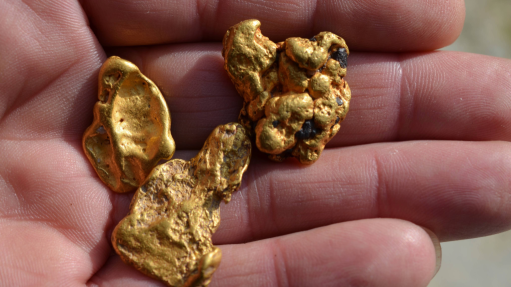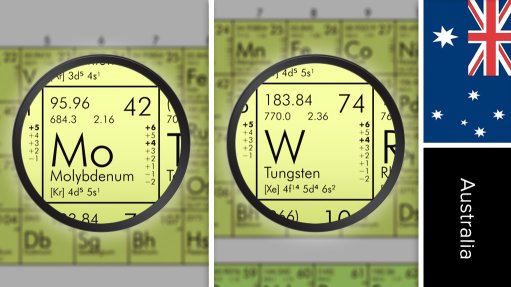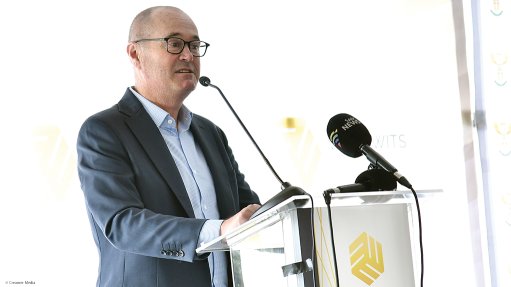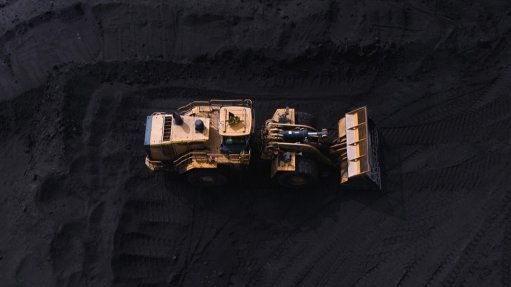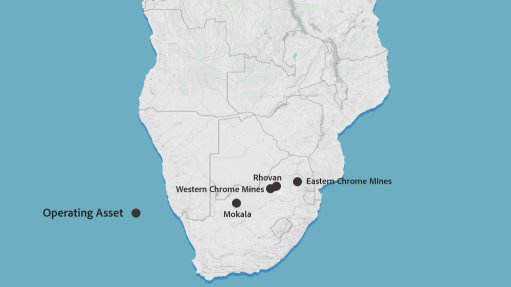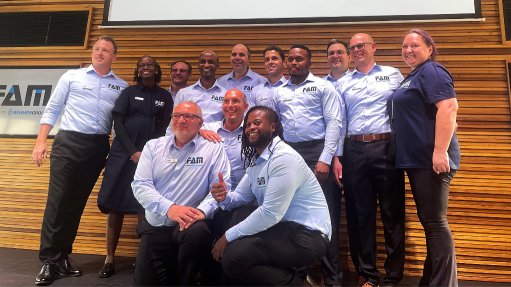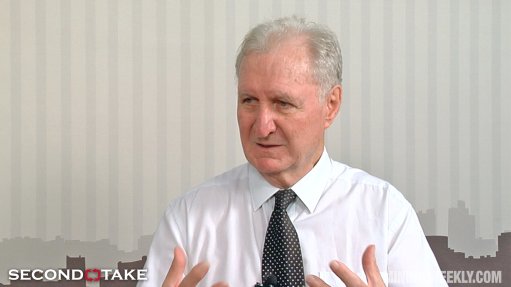BHP positioned for strong copper growth with more expansion on the horizon
Copper is taking centre stage in diversified mining giant BHP’s growth strategy, with CEO Mike Henry on Tuesday outlining the group’s plans to double its copper production in Australia, while continuing to invest in its South American assets and building a robust portfolio through early-stage investments.
“In copper, we are in a very good position today,” Henry told investors during the presentation of the group’s full-year results. “We have a pathway towards well over two-million tonnes a year of copper production, so our strong position is set to become even stronger.”
BHP, which earlier this year stepped away from a takeover of Anglo American – a move that would have significantly bolstered its copper portfolio – produced 1.9-million tonnes in the 2024 financial year. This marks the second consecutive year of 9% growth, adding 300 000 t of additional copper production between the 2022 and 2024 financial years.
While a 44-billion-tonne resource at 0.59% copper grade sets BHP apart from its competitors, Henry emphasised that having the resource alone was not enough. He highlighted that BHP had delivered the largest absolute growth over the past two years – outpacing the annual production of several other companies.
“We are one of the world’s largest copper producers and our strong position is set to become even stronger,” Henry said, pointing to a pipeline of copper projects under development in Chile and Australia.
In South Australia, BHP’s strategy aims to ramp up production to 650 000 t/y by the mid-2030s – up from the current output of between 310 000 t/y to 340 000 t/y.
Beyond Australian growth, BHP has made significant strides in narrowing down its expansion plans at its Chilean copper operations.
At Escondida, Henry sees the potential to add about 200 000 t/y of incremental copper production. Further, BHP is considering expanding the concentrator at Spence and extending the life of its leaching operations.
Cerro Colorado also presents opportunities, with 1.7-billion tonnes of inferred resources potentially justifying a restart of operations.
In July, BHP further bolstered its copper resource base and early-stage options by agreeing to acquire a 50% stake in the promising Filo del Sol and Josemaria copper projects in Argentina. These additions complement BHP’s existing assets, including Resolution in the US and ongoing greenfield exploration efforts.
“This is a rare opportunity to grow our pipeline of long-term copper options by securing access to what we consider to be one of the most significant copper discoveries globally in recent decades,” Henry said.
The transaction with Canada’s Lundin Mining is expected to close in the March 2025 quarter.
Looking ahead, BHP anticipates a 70% growth in global copper demand between 2021 and 2050. However, Henry expressed concerns over the industry's ability to meet this demand, citing significant challenges in bringing new supply online.
“The challenges to bringing on new supply remain significant,” the mining CEO stated.
BHP also remains optimistic about its potash prospects, in which it holds a major resource in Canada.
“Similar to copper, we expect global demand for potash to grow by around 70% by 2050 – again driven by rising population and improving living standards, but also changing diets and the need to improve productivity of existing land. And as an indicator of the strong appetite for this product, and excitement about having another supplier in a relatively concentrated market, we already have memorandums of understanding in place with buyers around the world with respect to sales as the mine ramps up,” said Henry.
Stage 1 of the Jansen project is about 50% complete with production expected to start in about two years.
About two-thirds of BHP’s forecast $11-billion-a-year capital expenditure over the medium term is expected to go towards future-facing commodities, including more spend at Jansen and its copper growth assets, said CFO Vandita Pant.
She reported that BHP would also spend on its steelmaking commodities, particularly at Western Australian Iron Ore, as production expands to more than 305-million tonnes a year.
Article Enquiry
Email Article
Save Article
Feedback
To advertise email advertising@creamermedia.co.za or click here
Announcements
What's On
Subscribe to improve your user experience...
Option 1 (equivalent of R125 a month):
Receive a weekly copy of Creamer Media's Engineering News & Mining Weekly magazine
(print copy for those in South Africa and e-magazine for those outside of South Africa)
Receive daily email newsletters
Access to full search results
Access archive of magazine back copies
Access to Projects in Progress
Access to ONE Research Report of your choice in PDF format
Option 2 (equivalent of R375 a month):
All benefits from Option 1
PLUS
Access to Creamer Media's Research Channel Africa for ALL Research Reports, in PDF format, on various industrial and mining sectors
including Electricity; Water; Energy Transition; Hydrogen; Roads, Rail and Ports; Coal; Gold; Platinum; Battery Metals; etc.
Already a subscriber?
Forgotten your password?
Receive weekly copy of Creamer Media's Engineering News & Mining Weekly magazine (print copy for those in South Africa and e-magazine for those outside of South Africa)
➕
Recieve daily email newsletters
➕
Access to full search results
➕
Access archive of magazine back copies
➕
Access to Projects in Progress
➕
Access to ONE Research Report of your choice in PDF format
RESEARCH CHANNEL AFRICA
R4500 (equivalent of R375 a month)
SUBSCRIBEAll benefits from Option 1
➕
Access to Creamer Media's Research Channel Africa for ALL Research Reports on various industrial and mining sectors, in PDF format, including on:
Electricity
➕
Water
➕
Energy Transition
➕
Hydrogen
➕
Roads, Rail and Ports
➕
Coal
➕
Gold
➕
Platinum
➕
Battery Metals
➕
etc.
Receive all benefits from Option 1 or Option 2 delivered to numerous people at your company
➕
Multiple User names and Passwords for simultaneous log-ins
➕
Intranet integration access to all in your organisation









